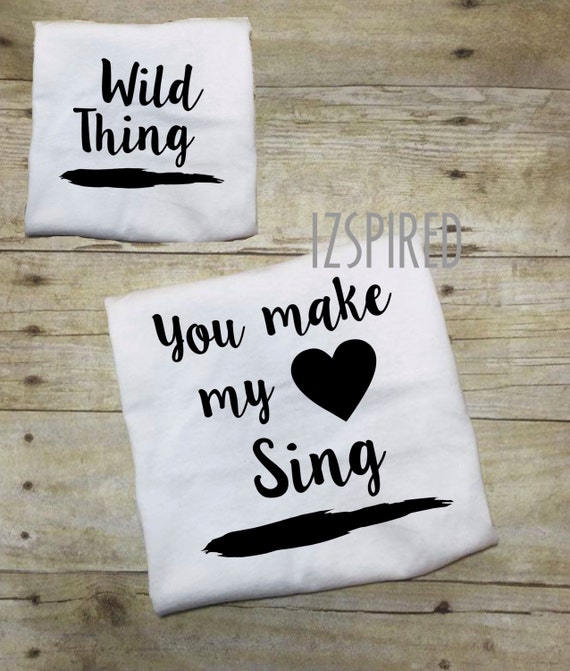

The bright blessed day, the dark sacred nightĪnd I think to myself what a wonderful world. Listen to Doris Day’s original recording:Īnd I think to myself what a wonderful world. Feel free to swap out the gender if you’re singing to your little boy. And it provides a great lesson about life, i.e., “whatever will be, will be.” The catchy melody makes it easy to sing. It couldn’t be a better lullaby for a child who’s filled with wonder. Each verse of the song progresses through the life of an inquisitive child (in this case, the singer) who asks their mother questions about life and love.


The song went on to win an Academy Award, became Day’s signature song, and was recorded by countless artists thereafter. “Que Sera, Sera (Whatever Will Be, Will Be)”įirst introduced in 1955, “Que Sera, Sera” was made famous a year later by Doris Day in Alfred Hitchcock’s film The Man Who Knew Too Much. Till by turning, turning we come ’round right. 'Twill be in the valley of love and delight. 'Tis the gift to come down where we ought to be,Īnd when we find ourselves in the place just right, 'Tis the gift to be simple, ’tis the gift to be free Thanks to Copland, we have this beautiful tune with touching lyrics that make the perfect lullaby. He later released the song in 1950 as part of a set in Old American Songs. “Simple Gifts”īased on a Shaker tune from 1848, “Simple Gifts” wasn’t very well known outside of the Shaker community until composer Aaron Copland used the melody in his Appalachian Spring, which premiered in 1944. The winds of night so softly are sighing, It was also a big part of the 1989 movie Major League.It fills the sails of boats that are waiting, It was one the few songs Hendrix recorded that he did notĪ version by Cheap Trick was used in the 1992 movie Encino Man, starring Brendan Fraser as caveman who comes back to life in a Los Angeles suburb. It was written by songwriter-turned-professional gamblerĬhip Taylor (aka James Voight- brother of actor Jon Voight, thus uncleįive years after The Troggs recorded this, Jimi Hendrix released his version. By The Wild Ones in 1965, but the Troggs were the first to put it on theĬharts in 1966.


 0 kommentar(er)
0 kommentar(er)
